Expo City decarbonisation roadmap: Raising the bar on responsible urban development and supporting UAE net zero goals
03 Oct 2023 – 3min. read
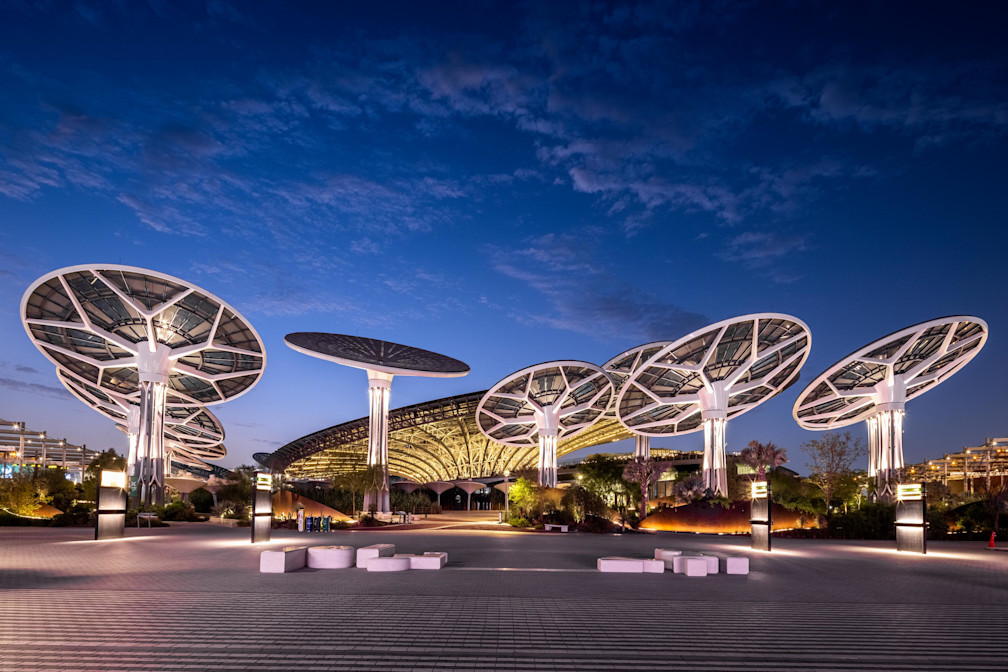
download DOCX: 231003 ECD Sustainability factsheet EN, 90 KB
231003 ECD Sustainability factsheet EN
90 KB • DOCX
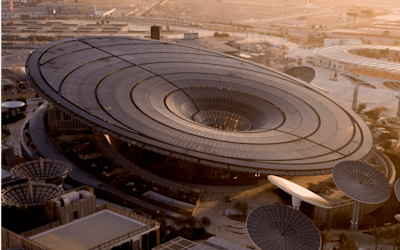
News
A global, grassroots response to climate change: Expo Live selects 36 entrepreneurs to receive grant, guidance and place at climate summit
05 Jun 2023
Climate, Environment, Innovation, ...

News
Expo 2020 Dubai projected to add AED 154.9 billion to UAE economy, support more than 1 million job-years from 2013-2042, EY study shows
31 Mar 2023
Culture, Environment, Energy, ...
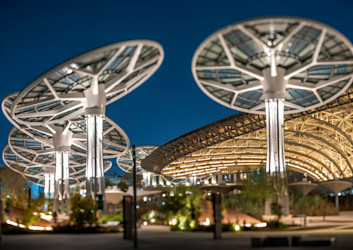
News
Expo Live to welcome 43 innovative grassroots climate solutions from around the world to pitch for funding and a place at COP28
09 May 2023
Climate, Environment, Innovation, ...
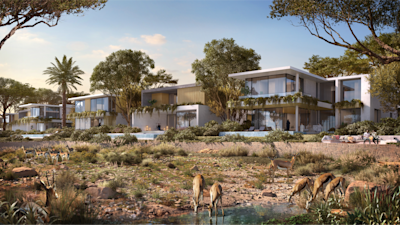
News
Redefining sustainable urban living: Expo City Dubai unveils Expo Valley and Expo Central residential developments
14 Mar 2023
Climate, Energy, Environment, ...
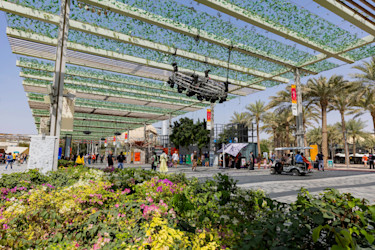
News
Delivering a sustainable mega-event: Latest GRI Report highlights Expo 2020’s green credentials as Expo City Dubai continues to raise the bar
10 Mar 2023
Climate, Energy, Environment, ...
News
Expo City Dubai to unveil exciting residential phase – the next step in a smart, sustainable, people-centric city of tomorrow
28 Feb 2023
Environment, Innovation, Sustainability, ...

